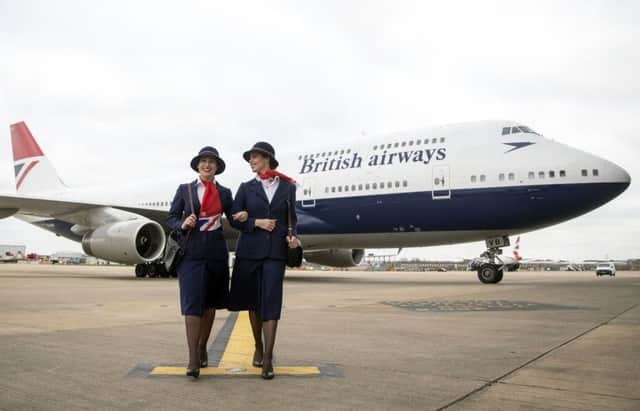Rocketing fuel costs and exchange headwinds hit BA’s owner


The company reported a 60.3% slump in operating profit before exceptional items to 135 million euros (£116.55 million), compared to 340 million euros in the same period last year.
Profit after tax and exceptional items was 91.2% lower at 70 million euros.
Advertisement
Hide AdAdvertisement
Hide AdThis was despite a 5.9% increase in total revenue to 5.3 billion euros (£4.58 billion).
Passenger revenue per available seat kilometre, a key industry metric for profitability, was down 0.8% to 6.16 euro cents, versus 6.21 cents last year.
Chief executive Willie Walsh said: “In a quarter when European airlines were significantly affected by fuel and foreign exchange headwinds, market capacity impacting yield and the timing of Easter, we remained profitable and are reporting an operating profit of 135 million euros.”
In an update on trading outlook, IAG said it expects 2019 operating profit to be in line with 2018, given current fuel prices and exchange rates.
Advertisement
Hide AdAdvertisement
Hide AdHowever Mr Walsh said in March that Brexit was likely to affect consumer confidence, as he attacked the Government for its “shocking” lack of progress on a deal.
“That is likely to damage consumer confidence and act as a further drag on business investment,” he said. “We need to remain very agile in the months ahead.”
His comments came ahead of the Brexit deadline extension, which gave a stock market boost to travel companies by removing uncertainty during the busy summer period.